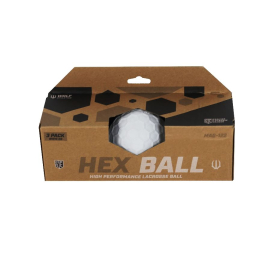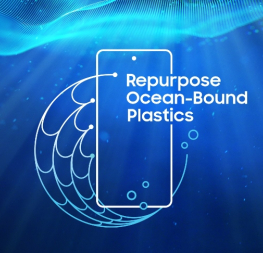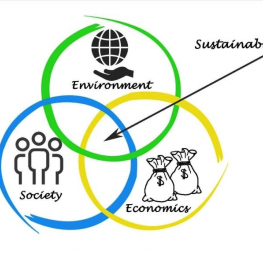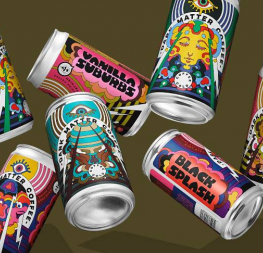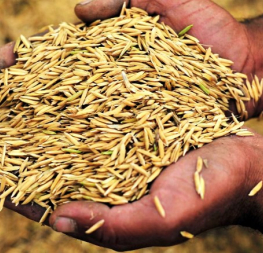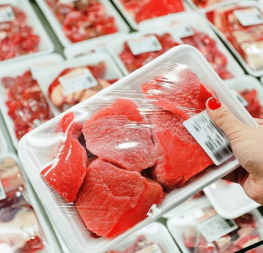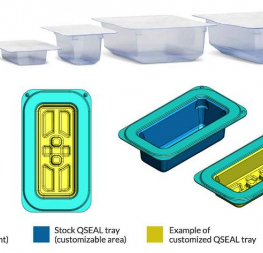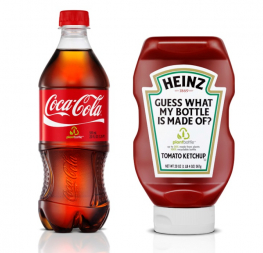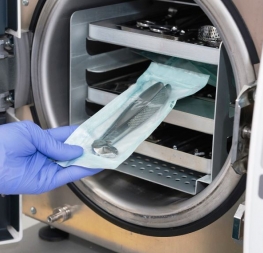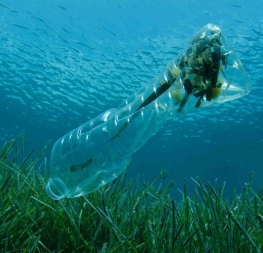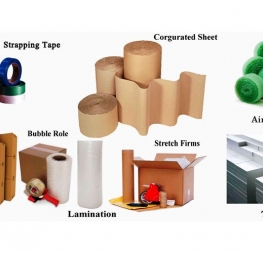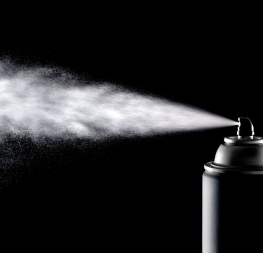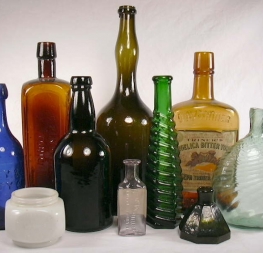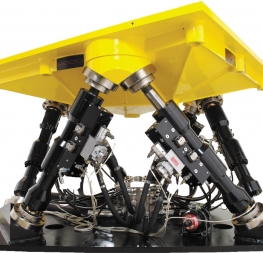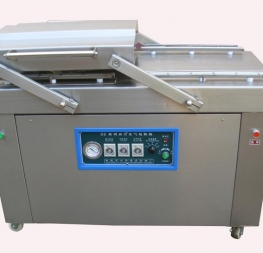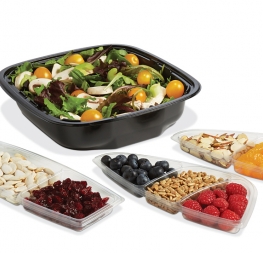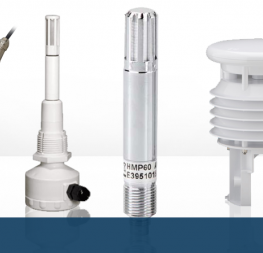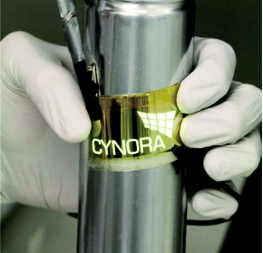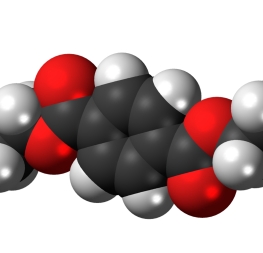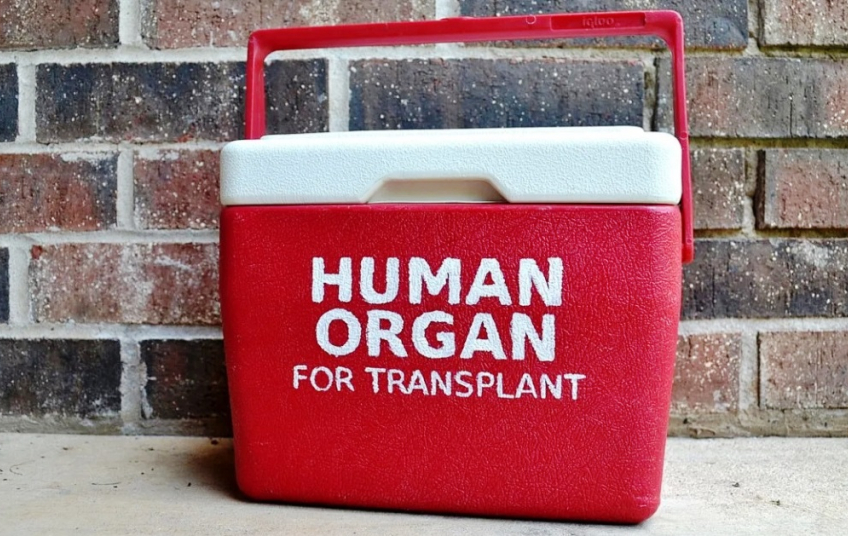Organ transplantation is a life-saving medical procedure that requires the transportation of organs from one location to another. Successful organ preservation is a crucial part of transplantation and guarantees that the organ will remain viable until it is implanted into the recipient. Currently, cold ischemic storage for heart transplantation is limited to 4 to 6 hours, and prolonged ischemia times have been shown to have a negative impact on survival.
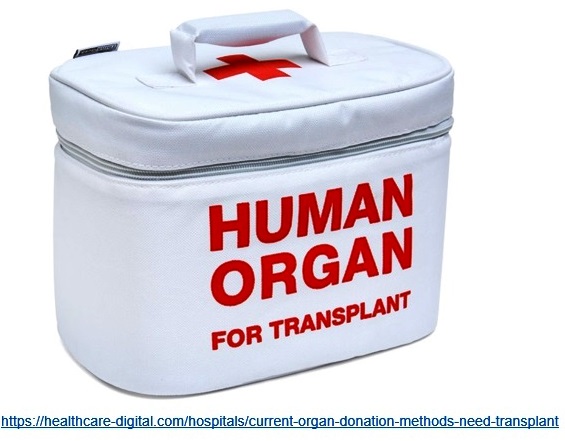
During transportation, the organs must be protected and maintained at a specific temperature to ensure their viability for transplantation. This is where organ coolers come in. These devices are designed to keep the organs at a particular temperature and provide protection during transportation. This article will discuss the evaluation criteria for organ cooler packaging.
Product Considerations
The stability and fragility of organs require packaging that provides adequate protection during transportation. The packaging must also protect the organ from any damage during transportation. Organs are delicate and require packaging that can withstand any impact or shock during transportation. Since organs are not physically active, the packaging does not need to consider physical activity. Organs do not have any chemical activity that can affect the packaging, nor do they require additional processing after packaging.
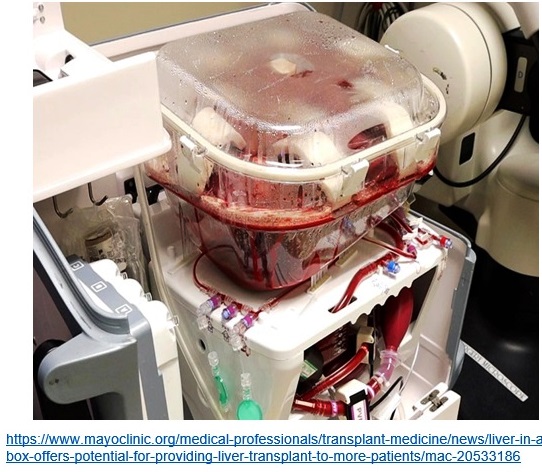
However, organs are sensitive to heat and cold and require packaging to maintain their temperature during transportation. The packaging must also prevent any spillage or spoilage of the organ during transport. Organ coolers must have clear instructions for use and handling during transportation and be easy for healthcare professionals to access.
Consumer Considerations
Organ coolers must be re-closable to maintain the organ's quality during transportation and storage. The cost of the packaging must be reasonable compared to the total cost of the organ cooler. The packaging must also have sufficient copy space to provide information about the organ and its transportation. Organ coolers must prevent any spillage or spoilage of the organ during transportation and have clear instructions for use and handling during transportation. Organ coolers must have an easy-to-use dispenser that makes it easy to access the organ during transport.

Distribution Considerations
Organ coolers must provide adequate protection against mechanical damages, such as shock, vibration, and compression, during transportation. During transportation, they must also protect against environmental damages, such as temperature and humidity. Organ coolers must maintain the organ's quality during transport, which may require cooling or warming features. The packaging must suit the organ's size and quantity, whether it's shipped in a master pack or a secondary package.
Marketing Considerations
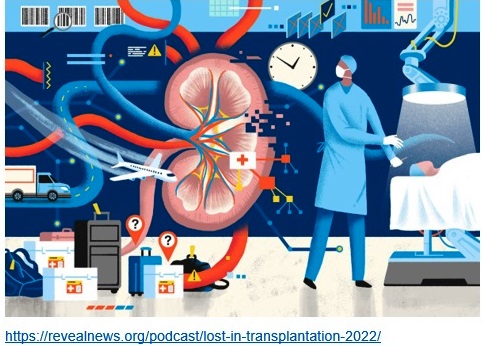
Organ coolers can be used as a method of differentiation, where the packaging's design or material can distinguish one cooler from another. Organ coolers, such as reusable or recyclable packaging, can add value to the product. Organ coolers, such as high-end or advanced cooling technology, can also add perceived value to the product. Conclusions In organ cooler packaging must meet specific evaluation criteria to ensure the organ is protected and the healthcare professionals' needs are met.

The packaging must protect against mechanical and environmental damages, maintain the organ's temperature, and prevent any spoilage or spillage during transportation. The packaging must also have clear instructions for use and handling, be easy to access, and have appropriate copy space. Finally, the packaging can be used as a differentiation method and add actual or perceived value to the product. By meeting these criteria, organ cooler packaging can help ensure the success of organ transplantation and save lives.
References
https://theconversation.com/opt-out-organ-donation-is-nova-scotias-new-deemed-consent-law-ethical-152794
https://revealnews.org/podcast/lost-in-transplantation-2022/
http://america.aljazeera.com/watch/shows/techknow/blog/2013/9/8/transmedics-keepsdonorheartsbeatingenroutetotransplantpatients.html
https://www.mayoclinic.org/medical-professionals/transplant-medicine/news/liver-in-a-box-offers-potential-for-providing-liver-transplant-to-more-patients/mac-20533186
https://www.healthcarepackaging.com/Links to an external site.
https://www.packagingnews.co.uk/news/markets/pharmaceutical-medicalLinks to an external site. https://www.packworld.com/Links to an external site.
https://www.packagingdigest.com/Links to an external site.


